David Colon, professor at Sciences Po Paris and specialist in the history of propaganda and persuasive communication techniques, analyzes in this interview the strategies of state manipulation of public opinion via social networks. He contributes his expertise on the complexities of information warfare in contemporary democracies, enriched by his in-depth research at the Centre d'histoire de Sciences Po (CHSP).
ADC: What was the origin of your interest in state manipulation of public opinion, and what major discoveries did you make?
DC: My interest in state manipulation through social networks began in 2018, when I was finishing my book on propaganda. I thought it would be interesting to continue this work and give it a follow-up. Current events and geopolitical developments, notably Russia's invasion of Ukraine, convinced me to launch the writing of this book. This book shows how cyberwarfare is global and now omnipresent in our democracies.
Historically, the war in Iraq in 1991 was a crucial turning point in the way states used the media and social networks to shape public opinion. This period marked a major transition in the history of communication and propaganda. In the course of my research, with the advent of the digital age, states' strategies for manipulating public opinion were transformed and refined. Firstly, to the benefit of the United States and its allies, on the basis of their anteriority, but secondly, to the benefit of states that have skilfully used informational tools in the service of their own power politics against the United States and its allies. The information war has created an imbalance of power, and democracies are becoming increasingly vulnerable to foreign interference. Our democracies are open and free societies, perfectly permeable to information manipulation operations.
ADC : For a very long time, we distinguishedbetween communication, or the " spin "and propaganda: while techniques and strategies varyt little, the major difference is is that propaganda has no objective of success since public opinion doesn't really have a choice. Not believing the propaganda narrative of a totalitarian state generally leads to punishments which peuvenfrom imprisonment to the gulag. Communication or spin in a democracy must be more subtle and more effective, because nothing forces public opinion to accept thea democratic government. Lhe sanction is aimed at the rulers, not the ruled. This is a notable difference. From now on, we have the impression that, in this information war, subtlety has changed sides. The propagandists of totalitarian states aim not just to tell a story to their people, but to alter the perceptions and opinions of democracies, with verysubtlees.
Until now, this subtlety of manipulation was the prerogative of democracies or their major economic, social or academic players. Lhe American soft powercien and highly effective. Lhe game of influence was consubstantial with democracy, car it was necessary to accompany public opinion from an educational perspective. On the other hand, in totalitarian countries, thepropaganda was coercive and and therefore caricatured. It was binary and easily deciphered. Lespowers non-democratiques who are waging an information war against us now seem to be using the same the same techniques as democracies. East-your your confirm this observation? ?
DC : Yes , of course. Authoritarian regimes saw American informational hegemony as an existential threat. In the early 1990s, China's leaders considered that the USA was waging " a smokeless world war " against them, as President Jiang Zemin put it. The Russians were convinced that the United States had nothing to do with the collapse of the USSR. Then, from the late 2000s onwards, with the combined advent of cell phones and social networks, they sought to influence Western public opinion via these social networks, which made possible what had previously been extraordinarily complicated, costly and risky. And this tipping point has had a name since 2017: Sharp Power, which is superimposed on the Soft Power you mentioned and which in many ways replaces Hard Power, insofar as this sharp power enables authoritarian regimes to go and stick the scalpel into the heart of the opposing society in an extraordinarily precise way, using Western advertising tools and digital platforms and the know-how of public relations companies. Their aim is to make their point of view prevail, to influence public policy and the shaping of opinion as never before.
ADC: How can companies actand what role should governments play?
DC: What's needed first of all is widespread awareness of the reality of the situation and what's happening on social networks. Companies need to focus on cybersecurity and misinformation education for their staff. The space between chair and screen is a critical front where employees can be influenced by misleading information. This applies to the whole company. We are facing an "infodemia", a pandemic of misinformation, which means strengthening our immune system against this virus, particularly in school curricula, which is vital to prepare citizens to recognize and combat misinformation. Governments need to design a "vaccine" against misinformation, which means promoting transparency, quality journalism and media literacy, and revising school curricula to include an awareness of misinformation. We urgently need to develop a long-term collective immunity against manipulation, rather than just fact-checking, which has shown its limitations.
ADC: What is your vision of the future in this fight against state manipulation?
DC: I'm optimistic, because awareness of the seriousness of a threat that is potentially existential for our democracies has begun. It is perfectly possible to mobilize quickly and take effective measures, such as passing a law on the transparency of foreign influences, which could be controlled by the HATVP. Disclosing them would destroy their impact on public opinion. We need to break down silos and adopt information defense strategies that mobilize all players. "Break the silos, break the silos" could become our symbolic slogan, reflecting the mobilization of administrations, civilians and military, companies and associations, academics and journalists to react with determination to protect our democratic values.
Arnaud Dupui-Castérès
Photo credit: David Atlan
